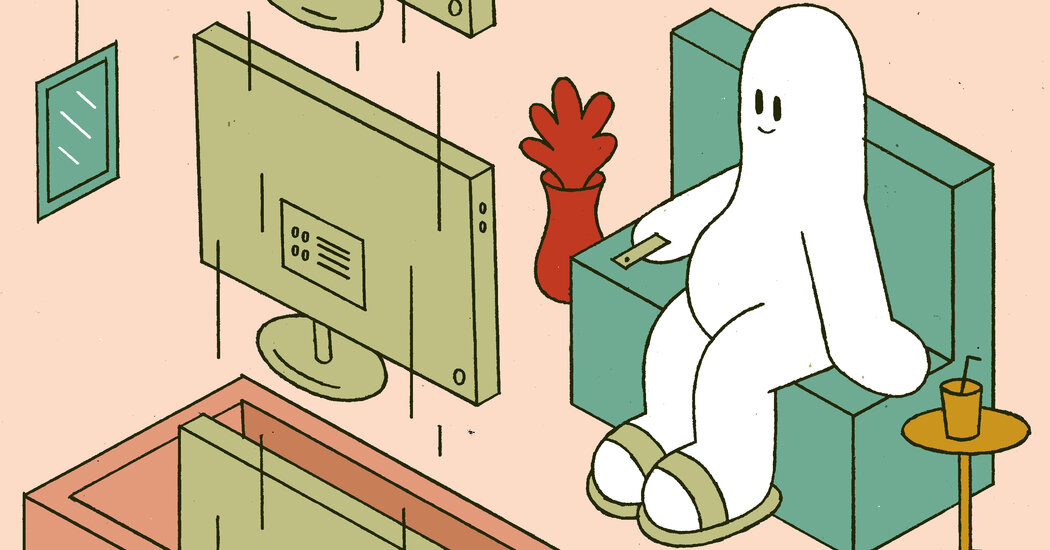- cross-posted to:
- nyt_gift_articles@sopuli.xyz
- cross-posted to:
- nyt_gift_articles@sopuli.xyz
Many more people are jumping from one streaming subscription to another, a behavior that could have big implications for the entertainment industry.
…
Americans are getting increasingly impulsive about hitting the cancellation button on their streaming services. More than 29 million — about a quarter of domestic paying streaming subscribers — have canceled three or more services over the last two years, according to Antenna, a subscription research firm. And the numbers are rising fast.
The data suggests a sharp shift in consumer behavior — far from the cable era, when viewers largely stuck with a single provider, as well as the early days of the so-called streaming wars, when people kept adding services without culling or jumping around.
Among these nomadic subscribers, some are taking advantage of how easy it is, with a monthly contract and simple click of a button, to hopscotch from one service to the next. Indeed, these users can be fickle — a third of them resubscribe to the canceled service within six months, according to Antenna’s research.
“In three years, this went from a very niche behavior to an absolute mainstream part of the market,” said Jonathan Carson, the chief executive of Antenna.



Copyright is a government granted monopoly.
So the fragmentation is not surprising: each economic agent used their government granted monopoly on some content to make sure nobody else could distribute that content and, because of the monopoly of copyright unlike with, for example, cooking oil or soap, nobody can set up a business that just buys it on one side from several different “factories” to sell it on the other on a single shop front.
There are lots of massive market distortions in the area of content exactly because its foundation are government granted monopolies with no obligation for fair access selling, resale or second-hand sale.